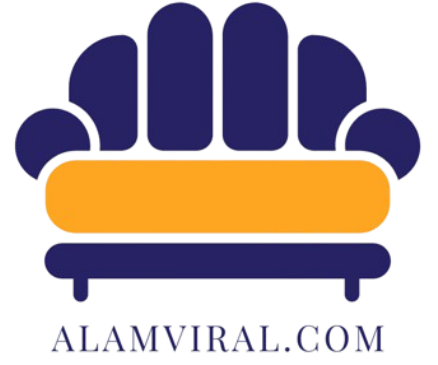HILTON HEAD, S.C. — Consumers’ increased awareness of the role sleep plays in their overall well-being continues to increase, and the expects that awareness to continue along its growth trajectory.
That could be good news for the sleep products category, as consumers turn toward mattresses, pillows and other sleep essentials to create the perfect environment to boost those critical sleep hours.
John Lopos, CEO of the National Sleep Foundation, and Dr. Joseph Dzierzewski, the foundation’s vice president of research and scientific affairs, took to the Bedding Conference stage to share the latest insights on how consumers are sleeping, how they think about sleep and the increased interest in sleep as the new secret weapon in health and well-being.
“American adults are not sleeping their best,” Dzierzewski said. “The time couldn’t be better for noting sleep health and promoting and selling sleep. If you’re going to promote sleep products and don’t incorporate sleep into the conversation, you are missing out on a huge opportunity.”
According to the agency’s latest sleep research, 82% of consumers say they wish they could sleep better, but less than half of them feel confident in their knowledge of sleep-related topics. Half of them are skeptical and find it hard to trust sources for sleep and product information.
“Consumers are motivated, but they need help,” Lopos said, adding that the foundation sees interest in sleep and sleep-related topics continue to climb. He showcased a snapshot to a check of Google Trends that shows “sleep” searches rate above searches for “diabetes” in shopping, science, beauty and fitness, and health.
A bright spot for companies in the sleep products business is that consumers recognize that mattresses (92%), pillows (91%) and linens (85%) play an integral part in helping deliver a good night’s sleep, according to NSF data.
“People are ready to invest in their sleep environment to create a better sleep experience,” Lopos said. “When we look at the work we do, sleep health is public health. That’s our North star.”
During the pandemic, the NSF’s poll found an increase in the hours adults slept. Dzierzewski attributed that to the number of people who were telecommuting and the additional flexibility that allowed. However, since 2022 when stay-at-home restrictions were lifted, fewer adults are getting the recommended seven to nine hours of sleep daily, he said, adding that the numbers continue to drop.
So much so that 56% of adults surveyed give themselves a failing grade for their sleep satisfaction. Teens fare a bit better, but 36% still flunk themselves on their sleep satisfaction.
Dzierzewski points out that poor sleep can lead to a wide range of health issues, including depression, cancer, dementia, obesity, diabetes and cardiac issues.
As the connections between sleep and health continue to be uncovered, the NSF said it sees several things in the future for the sleep economy including sleep technology — both wearable and otherwise — and an increase in smart homes that incorporate sleep products.
The good thing?
“The bedding industry already has permission to be in people’s bedrooms,” Lopos said. “We believe in sleep tech, and there’s a lot of diversification happening in the industry. One of our focuses and hopes is that, as technology evolves, it will find its way into the benefits of sleep tech and the advancements it can deliver.”
